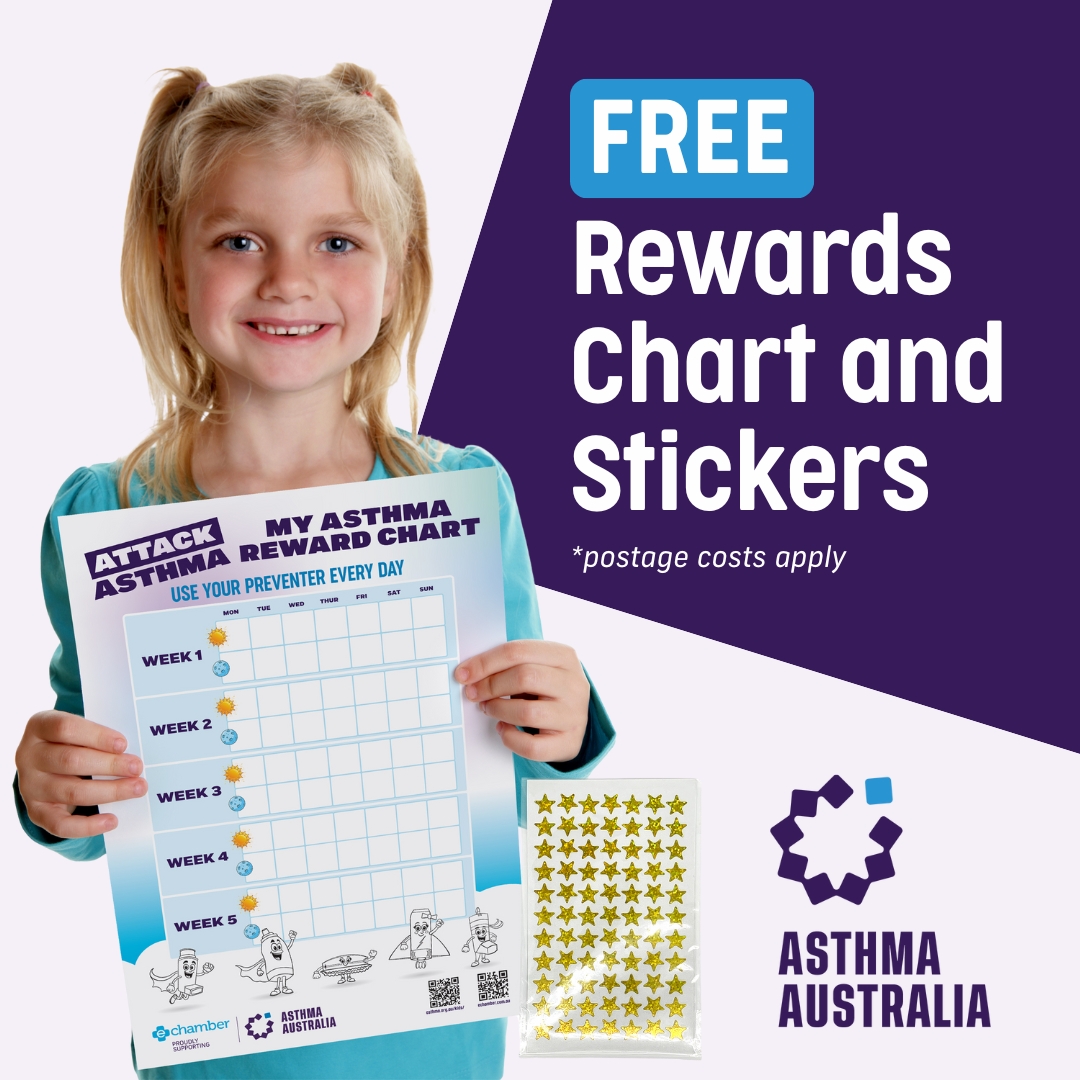NSW Inquiry Committee hears from people with asthma impacted by air quality crisis
Asthma Australia was pleased to present to the NSW Legislative Assembly Inquiry Committee today, looking into the health impacts of exposure to poor air quality resulting from bushfires and drought, following their submission and major asthma survey released last week.
CEO of Asthma Australia Michele Goldman and Cherylleigh Partridge, the older sister of 19-year-old Courtney-Partridge McLennan who perished from a fatal asthma attack late last November attended the hearing.
Ms Goldman shared the collective experiences and challenges of more than 12,000 people who completed Asthma Australia’s landmark survey titled ‘Bushfire smoke; are you coping?’. She shared how people with asthma were impacted by the fires, and the recommendations for action to protect their health during future fires when our communities are blanketed by smoke.
“We stressed the dangers of breathing in unhealthy air on people’s health as this crisis unfolded. Today we speak to the health experiences of people living right here in NSW. We thank the committee for giving them a voice at the table,” said CEO Michele Goldman.
Data collected from the survey showed people with asthma, even those who followed medical and public health advice, were four times more likely to have a serious asthma attack needing Emergency Department or hospitalisation and that 94% of people experienced asthma trigged by smoke.
“It was pervasive. At the time, there was no way people with asthma could feel safe,” she said.
“We found even 70% of people without asthma had respiratory symptoms,” she added.
Cherylleigh described how her sister went to bed healthy and suffered an aggressive asthma attack that took her life at just 19 years old. “We never expected that something that had become such a normal part of our life to be the thing that took her from us.”
“For months countless communities were blanketed in thick smoke. All we heard was ‘poor air quality’ and ‘stay inside’. Courtney was inside.
“I hope we can be confident that we will have access to the information we need to keep us safe,” Cherylleigh said.
As a nation we need to be better prepared for air quality crises as we are for other health and environmental risks.
Ms Goldman said a major problem is we aren’t set up to respond to an air quality crisis like other health or environmental risks.
“Poor and hazardous air quality can be life threatening if you have a condition like asthma,” she said.
“When smoke gets bad, people and our leaders need to understand the health risk and how to respond. Just like we’ve seen with the Coronavirus, everyone must be on the same page – from you and I, to businesses, to unions to governments. That’s why we urgently need governments to invest in a public health Air Smart Campaign fit with protocols, policy and data. This bushfire smoke event was a public health emergency, an air quality crisis unprecedented in scale. We can’t predict a pandemic, but we know, without fail, we’ll have another fire season soon, and with fire comes smoke and with that comes a risk to life.”
Ms Goldman said that alongside Air Smart education, people said they lacked modern tools such as live air quality data and apps, smoke modeling and early warnings.
“The need for being Air Smart translates across schools, workplaces, sports and events. When you drop your child at school and they have asthma, you need to know they’ll be safe there.”
“People should be assured that they can access consistent and easy-to-understand air quality information wherever they are in Australia.
She said health leaders needed to do more during air quality events.
“We only know one of the 445 deaths from this smoke event was from asthma, and that’s Courtney Partridge-McLennan, and we only know about it because Cherylleigh came to us. We know everyone who has sadly died from the Coronavirus and on the fire front, but these 444 people are faceless, and their families are suffering, and we don’t know who they are.
“If this happens again, if you can’t breathe and you have nowhere to go because of smoke, then we’ve all failed,” Ms Goldman concluded.





 1800 278 462
1800 278 462



